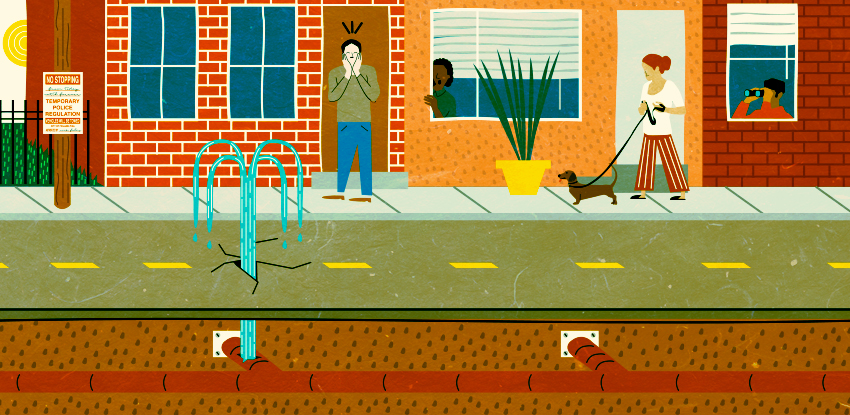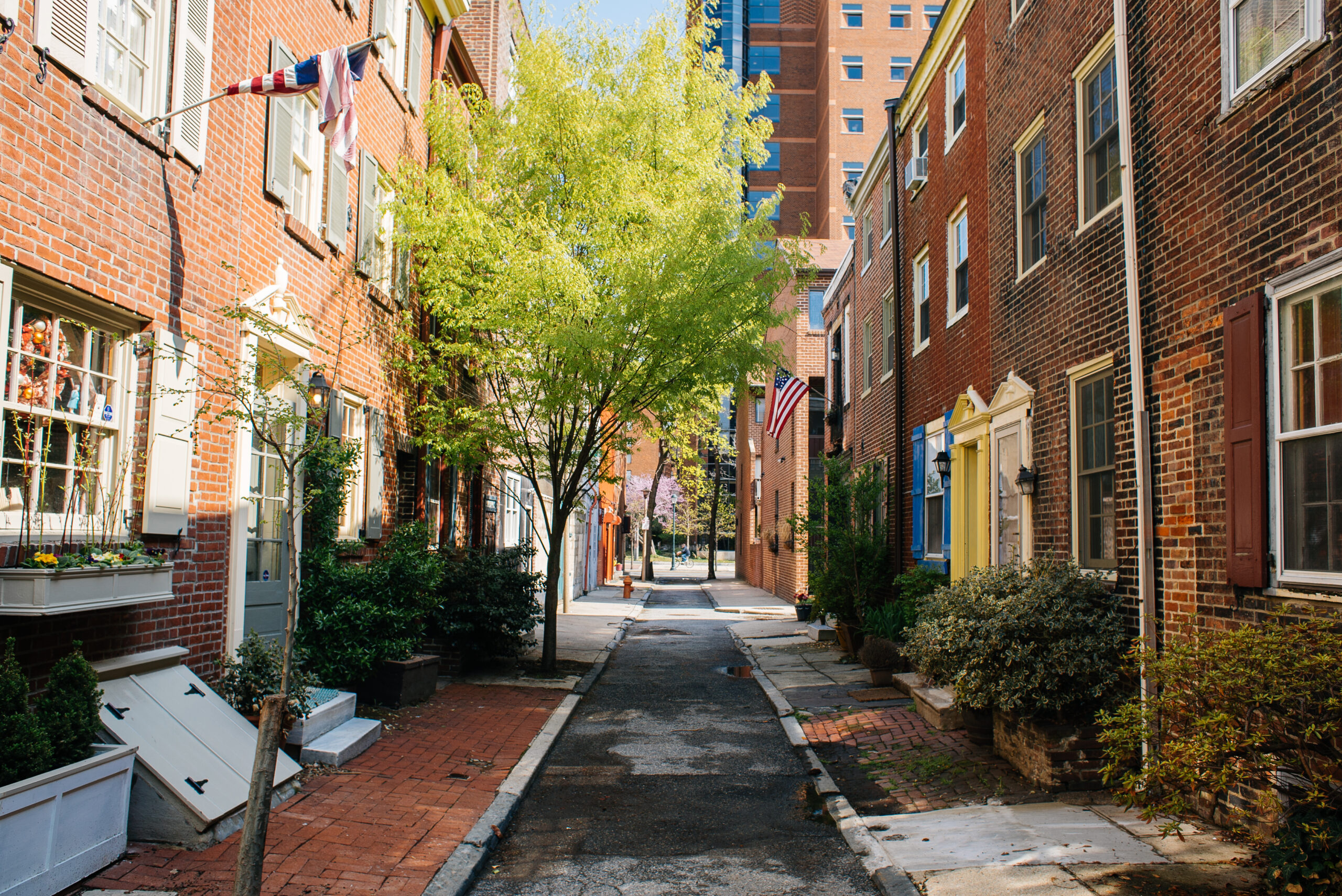home ownership
Is Waterproofing Your Basement Worth It?

Your home is one of the most important investments you make. So, how do you decide if waterproofing your basement enhances and protects that investment or merely drains your savings? There are a lot of variables to consider when thinking about basement waterproofing. We’ve broken them down so you can make the best decision given your home’s age, condition, structure, and location.
Basement Waterproofing Pros & Cons
According to some water damage studies, over 98% of all homes with basements will experience some kind of water damage. Even a minor leak will raise your water bill by 10%. A properly waterproofed basement can be a great selling point for potential buyers and typically offers a return on investment of about 30%.
Waterproofing reduces the prospect of mold, a toxic substance, and serious health risks. If you have a finished basement or want to convert your Philly basement into a home office, playroom for the kids, or “man cave,” you don’t want it to be cold or damp. More importantly, if water gets into your basement and finds an electrical source, such as a washer/dryer outlet, the damage could be serious.
Water damage can put your entire house at risk. Any water that enters can cause cracks and weaken the entire structure. If you notice cracks in your foundation that are more than one-fourth of an inch wide, you should take measures to fix them as soon as possible. Additionally, water has the ability to wear away at wood and plaster in your home. This could be dangerous, as it can cause walls and ceilings to collapse when you least expect it, especially in an older home.

The biggest downside is the expense. A March 2023 article in Forbes placed the national average cost for waterproofing a basement between $2K and $7K with most homeowners paying around $5k. The average cost of waterproofing is between $3.50 and $8 per square foot, materials and labor included. In some cases, you may pay upwards of 10k but it ultimately depends on the specific needs of your basement and how large it is.
Why Do Basements Flood?
Knowing these reasons can help you pre-plan and stop the problem before it ever begins. Here are some possible reasons for water in your basement:
- Clogged, cracked, or broken pipes (if your basement leaks – check with a plumber first!)
- Drainage tile failure
- Sump pump failure
- Improper sealing of the flooring and/or walls
- Hot water tank failure
- Unmaintained Foundation
- Clogged Gutter
Other considerations include the age of your home, indications of previous water damage and leaks, and overall water drainage in your location. Keep in mind that many homes in Philadelphia were built above former streams, which now make up part of the current sewer system.
One common cause of basement flooding is the result of storms. As an older city, some of Philadelphia’s sewer system dates back to the 1800s and can sometimes overflow during storms backing up into plumbing on properties that are close to sea level. To help prevent this, The City of Philadelphia’s Water Department has a program called the Basement Protection program where they will install a “backflow preventer” free of charge. You can also consider a sewer line warranty.
Types of Basement Waterproofing
- Interior Waterproofing seals cracks. Although it’s not a permanent solution, sealants can prevent moisture from being absorbed by the structure and can help prevent moisture from traveling to other areas of the home. Types of sealants include a concrete waterproof coating, a densifier that fills porous holes, or waterproof paint. Finally, a plastic sheet or panel may be used in combination with an interior basement drainage system to prevent items in your basement from being ruined.
- Exterior Waterproofing coats walls with a barrier and may include exterior drainage systems. While this method is great for homes under construction, it’s generally not recommended for existing homes. This is not usually an option for Philadelphia rowhomes because they are attached to other homes at the sides.
- Drainage Installation will help avoid water build-up. The drainage system moves the water from the footers of the foundation and out below the basement floor.
Water Damage Prevention
There are steps you can take to avoid water damage. Start by making sure that gutters are clear and downspouts point away from your home. Finally, control vegetation, especially tree roots and large shrubs that may damage your home’s foundation and cause cracks.

Conclusion: Is it Worth It?
First, you’ll need to determine what is causing water to seep into your basement and that will determine the course of action. You can save some money by trying some DIY basement water prevention projects and taking advantage of the city’s basement backup protection program but if you’re seeing a lot of water pool in your basement, it would be wise to have it inspected by a waterproofing professional who can make informed recommendations. Waterproofing protects your home, provides a return on investment, and will give you peace of mind. Ultimately, the benefits of waterproofing your Philadelphia basement outweigh the costs.







